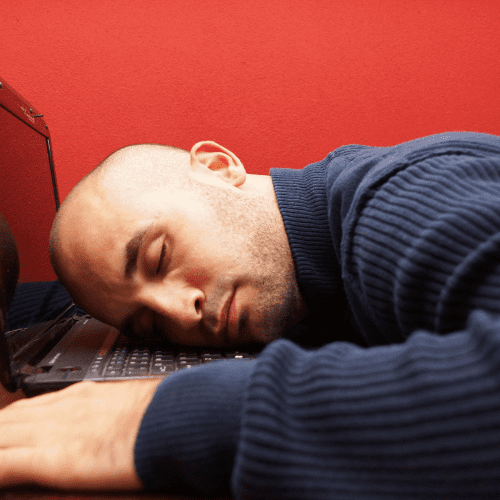Why Are So Many Men in Their 20s Losing Hair?
In recent years, an increasing number of men in their 20s have reported experiencing hair loss, prompting concerns and inquiries about this unsettling trend. Various factors contribute to this phenomenon, including genetics, hormonal changes, and lifestyle choices. Androgenetic alopecia, commonly known as male pattern baldness, is primarily hereditary and can manifest in young adulthood. Additionally, stress, poor nutrition, and environmental factors may exacerbate hair thinning. Understanding these influences is crucial for early intervention and management, allowing affected individuals to explore treatment options and mitigate further loss.










